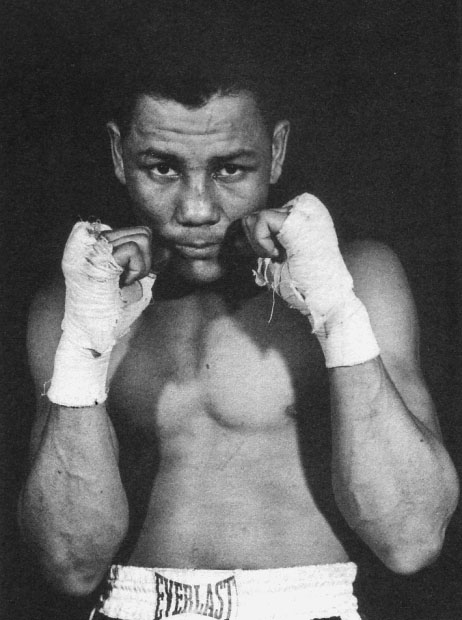


Jose Torres become the number 1 LHW contender by KO'ing former middleweight champion Carl 'Bobo' Olson in the first round
Jose Torres stops the champion Willie Pastrano and wins the world light heavyweight title
Torres defends his world light heavyweight title against Wayne Thornton.
Jose Torres defends his world light heavyweight title against Eddie Cotton in the 1966 FOTY:
http://www.youtube.com/watch?v=NXt-wDxRWIE Part 2
http://www.youtube.com/watch?v=OrsmrHgi5Sw Part 3
http://www.youtube.com/watch?v=dnHYMTtnhBE Part 4
http://www.youtube.com/watch?v=Ln68OzIq418 Part 5
http://www.youtube.com/watch?v=V2g_dWMLNSs Part 6
Jose Torres loses the world light heavyweight title to former middleweight champion **** Tiger:
http://www.youtube.com/watch?v=NDegJgXtITM Part 2
http://www.youtube.com/watch?v=l3G2WK26fes Part 3
http://www.youtube.com/watch?v=mJf_iyDbRBU Part 4
http://www.youtube.com/watch?v=VEmkF5GYs8g Part 5
http://www.youtube.com/watch?v=On9F6d4owVE Part 6


Comment